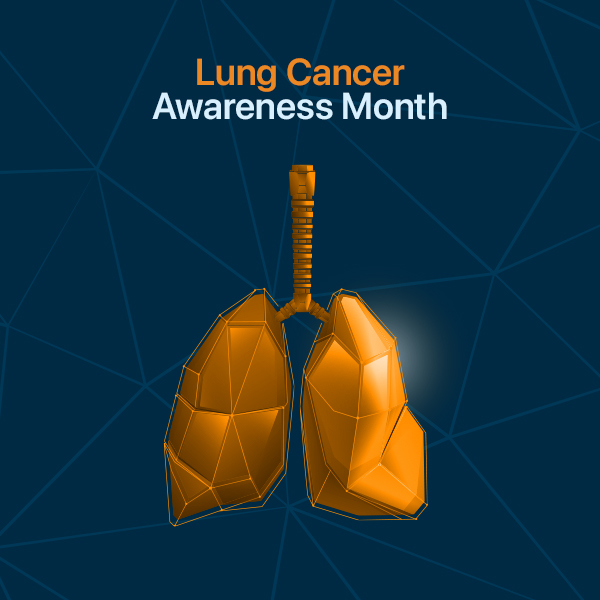Sensisure: A Proactive Approach To Identify Allergy Triggers
Allergies are a prevalent concern for many people, impacting daily life and overall well-being. Whether it’s a reaction to a specific food or an environmental factor, understanding the triggers is crucial for effective allergy management.
In this blog, we will be shedding light on Sensisure, a lab test by Yoda Diagnostics that serves as the gold standard method for identifying allergy triggers. Understanding the significance and process of this test can make a difference in managing allergies effectively.
What are Allergies?
When the body encounters any foreign substance or protein known as allergens, the body’s defense system initiates the production of antibodies known as immunoglobulin (IgE) specific to these allergens. These antibodies bind to allergens in order to inflame your skin, respiratory tract or GI tract causing allergies.
In simple terms, it’s the way your body responds to the invasion of foreign substances.
Quick Glance on Common Allergens
Due to the diverse climate, food, flora habits in India, there are different types of allergens:

Prevalence of Allergies in India
Allergies are a prevalent health concern in India, affecting a large percentage of the population. In India, a significant portion of the population, around 20%–30%, is impacted by at least one form of allergy. Allergic conditions like atopic dermatitis (AD), allergic rhinitis (AR), and asthma pose a considerable health challenge in India.[1]
Allergic rhinitis (AR) specifically imposes a substantial burden, constituting roughly 55% of all allergies. Moreover, 3.3% of children aged 6-7 years and 5.6% of children aged 13-14 years have been diagnosed with allergic rhinoconjunctivitis.[1]
Why should you test for allergies?
Individuals who experience allergies early in life may go through a series of stages known as the allergy march. If these are left undiagnosed or untreated, it typically begins with a skin allergy, such as eczema, which may then progress to a food allergy, leading to frequent ear infections and eventually hay fever. Ultimately, hay fever may develop into asthma.
It’s important to note that not all people with allergies will develop asthma. The link between allergic rhinitis and asthma is a significant health concern that impacts a substantial portion of the Indian population. Allergic rhinitis (AR) affects approximately 30% of the Indian population, with around 15% of those individuals’ developing asthma. Allergic sensitization to various allergens, both domestic and airborne, as well as exposure to trigger factors, are significant risk factors in the relationship between AR and asthma.[2]
The prevalence of year-round allergic rhinitis tends to increase as the severity of asthma worsens, with rates of 19% for mild cases, 29% for moderate cases, and 40% for severe cases.[2]
A study conducted by Matsuno et al, revealed that the highest prevalence of coexisting AR and asthma was found in the age group of 19–44 years.[2]
Who is eligible for allergy testing?
It is recommended for patients with
- Recurrent or chronic URD, i.e., rhinitis, sinusitis, allergic rhinitis
- Unseasonable allergy-like symptoms
- Seasonal or perennial allergy-like symptoms
- Recurrent otitis media
- Exogenous asthma and other conditions in which IgE mediation is suspected
Hence, the need of the hour is proper awareness, early diagnosis, and effective management of allergic rhinitis to mitigate the risk of developing asthma with a better quality of life.
Available Allergy Tests & Their Limitations
There are two major types of allergy testing:
- Skin test
- Blood test
-
Skin test
Skin tests are commonly the initial preference to screen for potential allergens due to their convenient and rapid nature. This test is done by applying allergens to the skin and observing for allergic reactions like small bumps, redness, etc.

- Blood test
Blood tests can be performed as an alternative to or in conjunction with skin tests. Unlike skin tests, an allergy blood test measures the level of immunoglobulin E (IgE) in your blood. IgE is an antibody produced by your body after the entry of allergens. Elevated levels of IgE in the blood may indicate the presence of allergies in the patient.

Get Hold of Your Allergy with Sensisure
Identifying what triggers allergy in you plays a crucial role in managing allergies. At Yoda Diagnostics, we offer a solution through Sensisure, a FDA-approved laboratory test specifically designed to identify allergen-specific IgE in human serum. This advanced test plays a vital role in determining the genetic tendency to develop allergies in patients exhibiting symptoms.
Unlike conventional allergy tests, Sensisure offers comprehensive testing for over 500 allergens and mixes, including pollens, foods, and animal dander, using just a single blood sample.
This test is convenient and can be performed regardless of age, skin condition, antihistamine use, or pregnancy. By eliminating the risk of triggering allergic reactions, Sensisure provides a safe and reliable alternative for allergy testing.
Sensisure offers the following test panels:
- Phadiatop allergy inhalational panel
- Phadiatop allergy screening-dust panel
- Phadiatop allergy rhinitis/ asthma panel
- Inhalational specific panel by Phadiatop
- Phadiatop allergy panel (vegetarian)
- Phadiatop allergy panel (non-vegetarian)
- Phadiatop allergy comprehensive panel (pediatric)
- Phadiatop allergy screening
Sensisure vs. Other Blood Testing Techniques?

Final Thoughts
With early diagnosis, break the chain of the allergy march by initiating treatment early, reducing exposure to specific allergens, limiting frequent sanitization, and halting disease progression.
Our FDA-approved Sensisure presents a proactive, affordable, and gold standard approach to understanding and identifying allergy triggers. You will get your results within 3 days interpreted by our expert panel including experienced microbiologists and immunologists. For more information, call 040-3535-3535 or visit www.yodadiagnostics.com.
Within no time, take charge of your allergies with Sensisure for a healthier tomorrow!
References:
- https://go.gale.com/ps/i.do?p=HRCA&u=googlescholar&id=GALE|A608073680&v=2.1&it=r&sid=HRCA&asid=c58838aa
- https://www.ncbi.nlm.nih.gov/pmc/articles/PMC6710977/
- https://breathe.ersjournals.com/content/breathe/3/4/345.full.pdf
- https://go.gale.com/ps/i.do?p=AONE&u=googlescholar&id=GALE|A236164219&v=2.1&it=r&sid=AONE&asid=c9638b2d
























